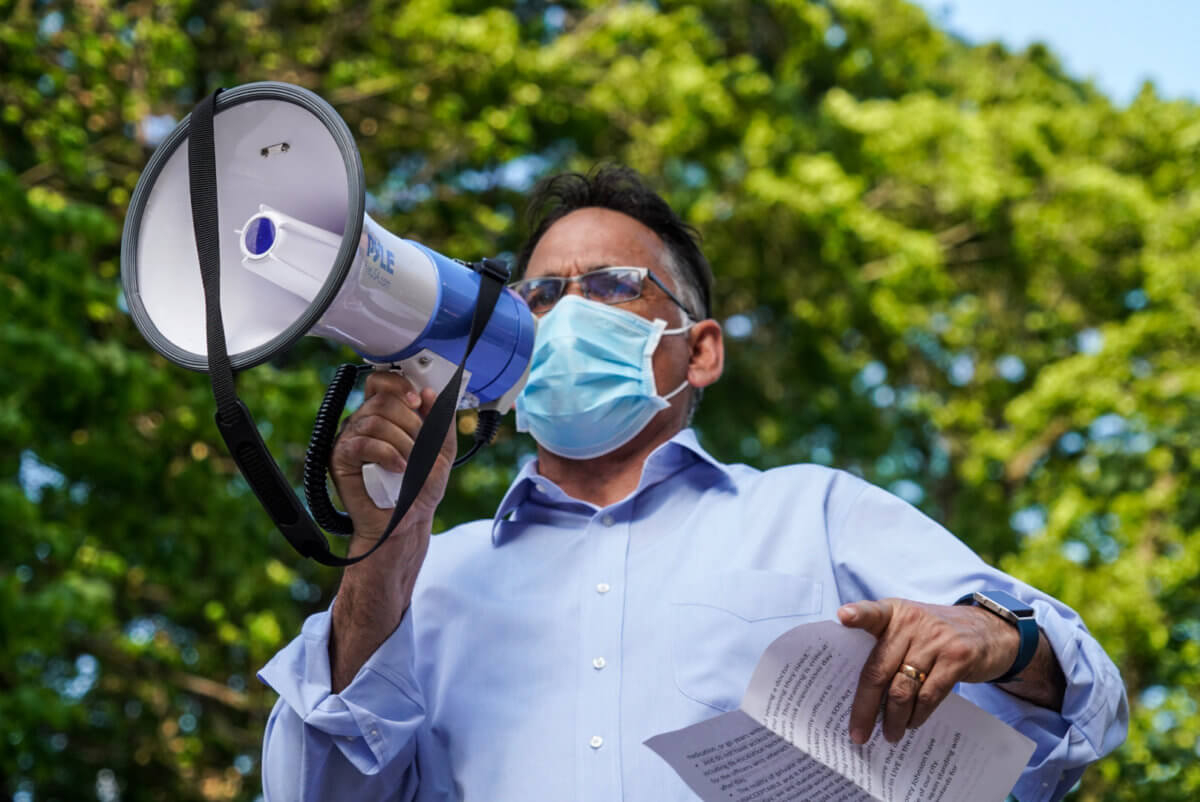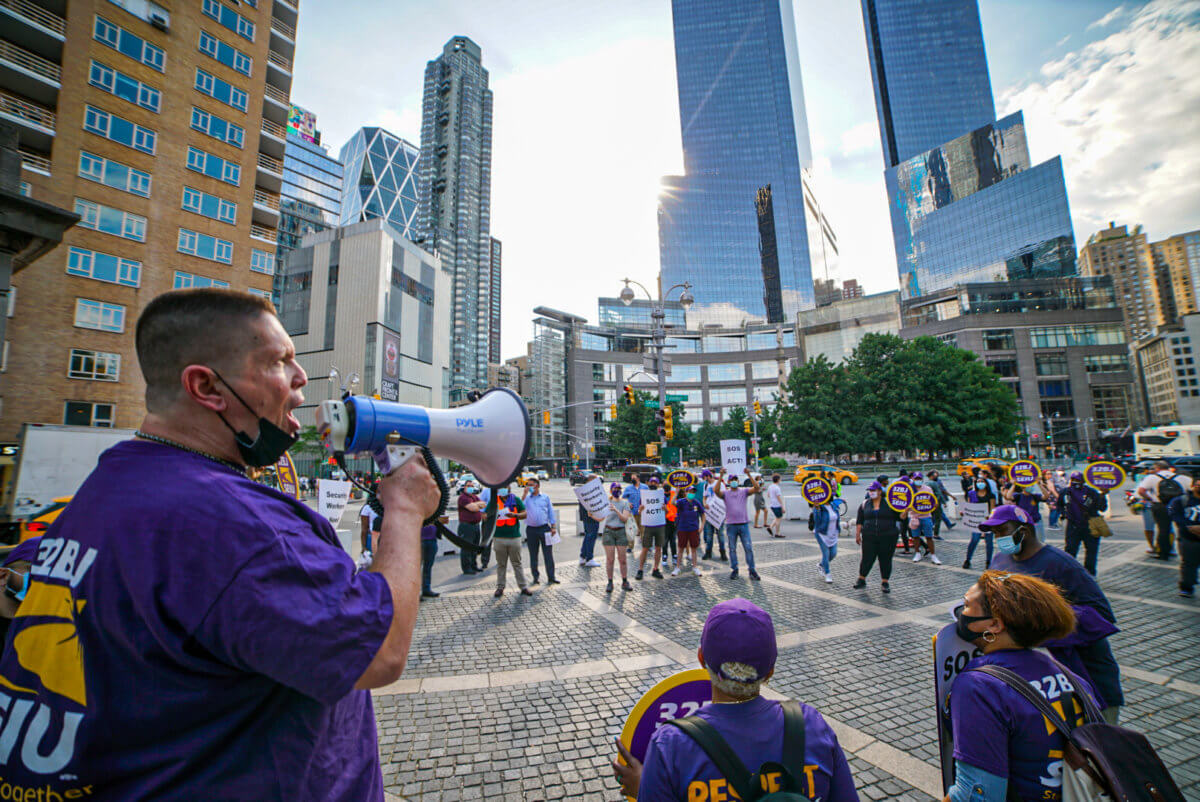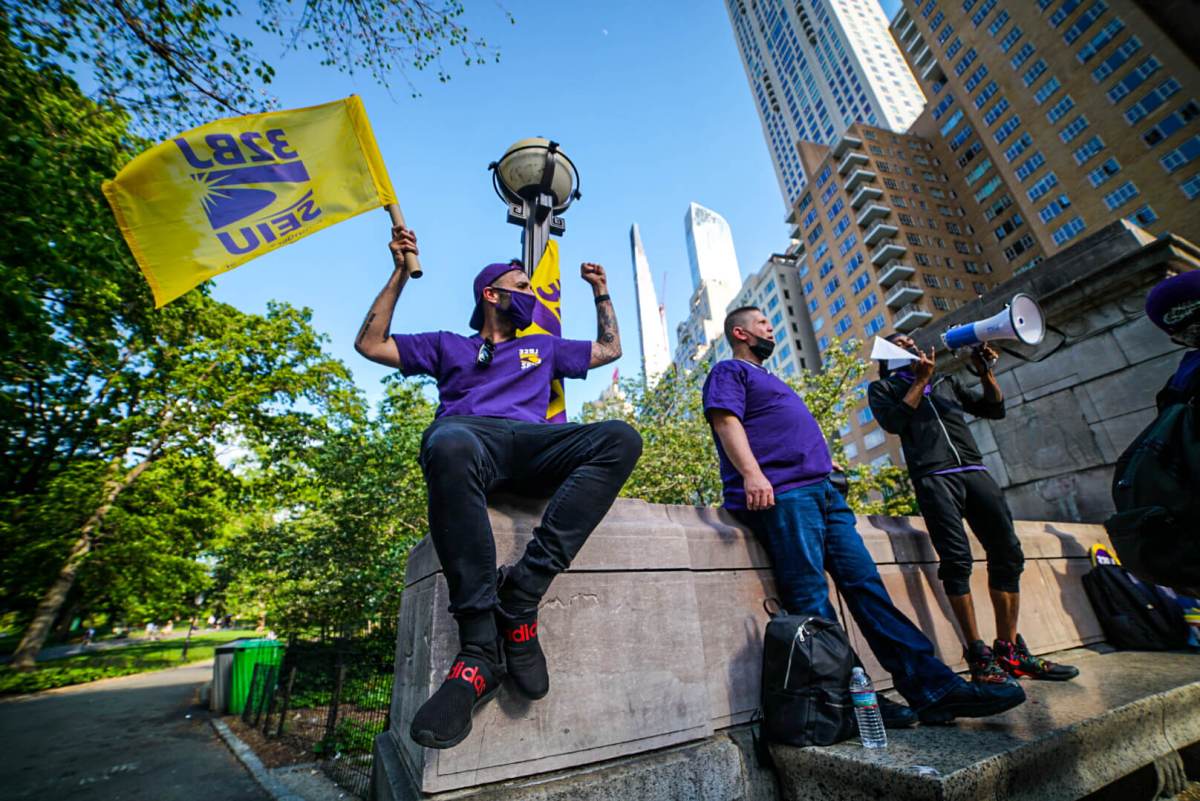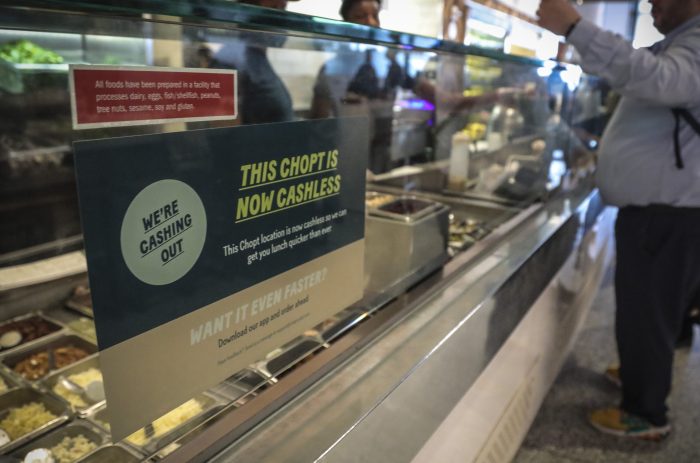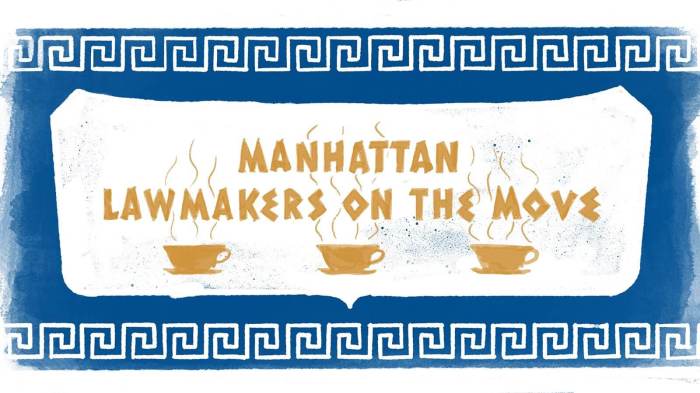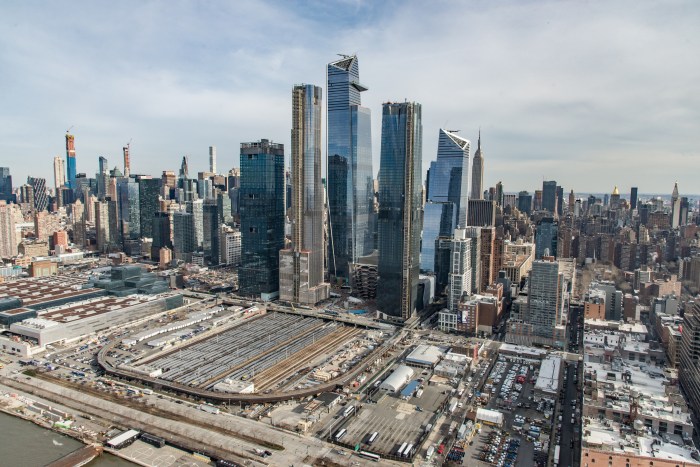As the city moves out of the COVID-19 pandemic, essential security workers who toiled throughout the invisible war at homeless shelters demanded on Tuesday better treatment going forward in a post-pandemic world.
Members of the 32BJ union assembled at Columbus Circle, outside the entrance to Central Park, on May 18, holding signs that literally signaled for an SOS — the name of a new act that looks to protect the rights of security officers protecting the vulnerable. The Safety in Our Shelters Act (SOS) aims to improve wages and training for security officers working within non-profit homeless shelters.
New York City Council Speaker Corey Johnson, and City Council Members Francisco Moya and Diana Ayala, joined 32BJ Vice President John Santos at Tuesday’s rally to bring awareness to the need for shelters to have greater standards for their staff.
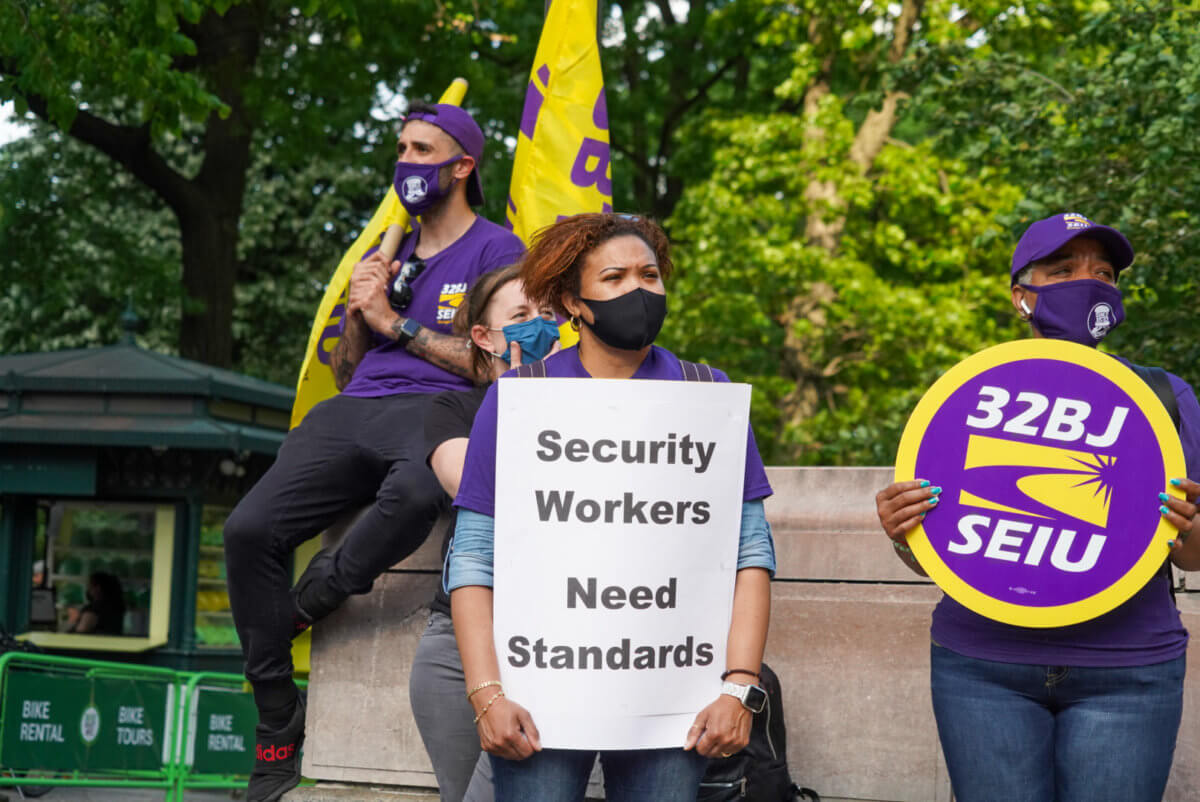
Homeless shelter security officers, who work for private shelter operators, are on the front lines serving an at risk population, and yet they say their employers have left them without meaningful access to health insurance or adequate training; they also earn up to $7,000/year less than those who work directly for the city.
Throughout the COVID-19 pandemic, these workers say they struggled to sustain themselves, with some even winding up seeking a homeless shelter themselves while they work security for low wages at another facility.
Shaquille Sheppard is a homeless shelter security officer in Queens, and he loves that he is able to work at a facility that helps individuals from all walks of life. He knows first hand what it feels like to not have a home since he grew up in a homeless shelter with his mother.
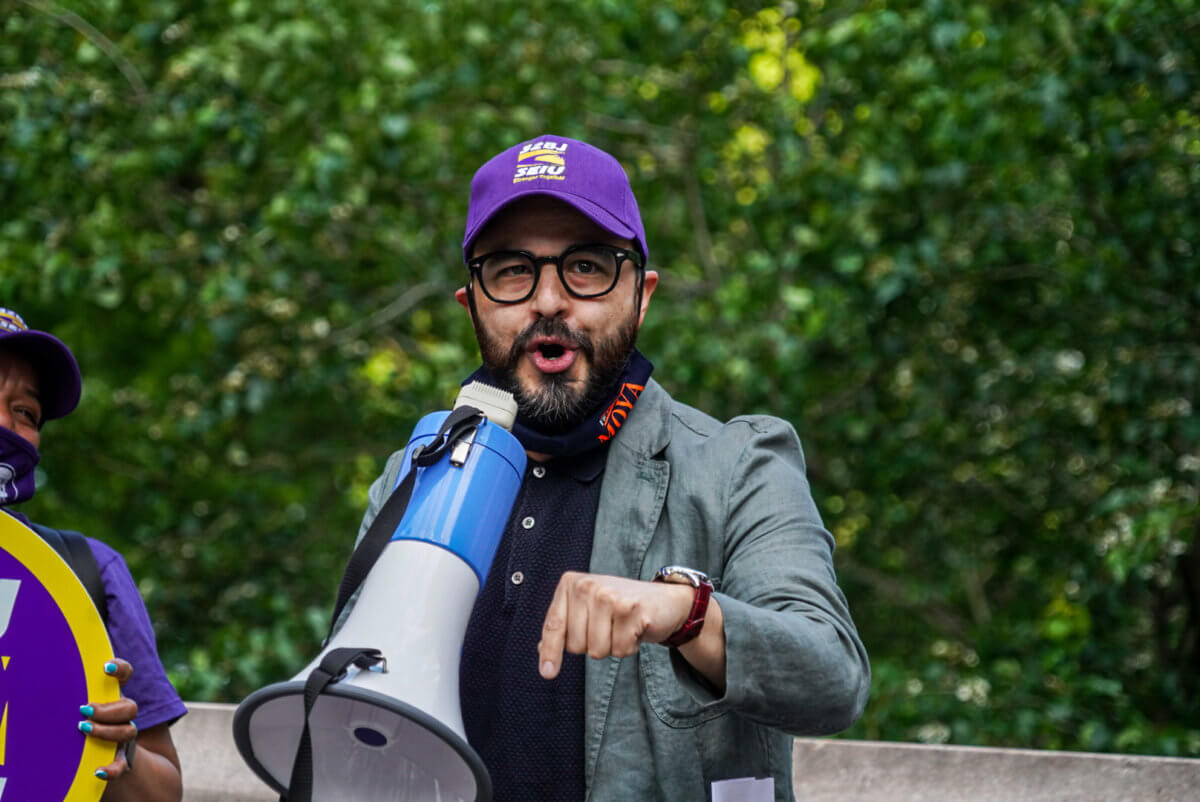
“It was not an easy time,” Sheppard said, describing his experience growing up within a shelter, adding, “We were lucky to find a Section 8 apartment and move out of the system. But now I am under the constant fear that I am going to become homeless again at any minute. That’s because shelter security jobs are poverty jobs. We are supposed to be the ones who are protecting the shelter clients, but as officers we are only a few steps away from being in their position.”
Sheppard is one of many shelter security officers who say they can barely afford rent with the wages they earn, and health insurance is completely unaffordable.
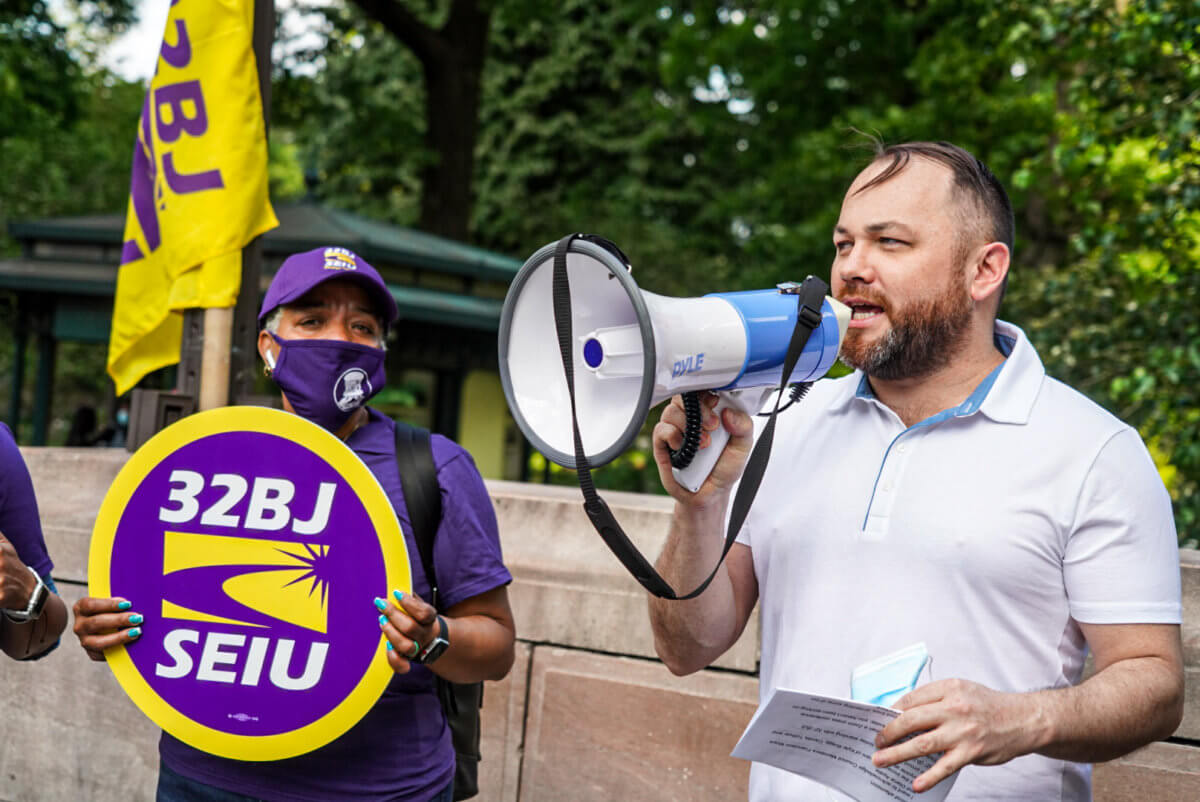
The first part of the SOC Act, Intro. 2006-2020, focuses on increasing security guard’s wages to industry standards with benefits while they work at city-constructed homeless shelters. The second part of the legislation, Int. 1995-2020, ensures security officers receive adequate training.
“Are we going to pass the SOS Act? Are we going to make sure workers like Shaquille get what they deserve?” asked 32BJ Vice President John Santos. “We are gathered here today because security officers at private shelters are saying SOS! They are demanding action and demanding help because essential workers have been overlooked for too long.”
“They have been securing homeless shelters keeping the most vulnerable safe, yet can barely sustain a living,” Santos stated vigorously.
